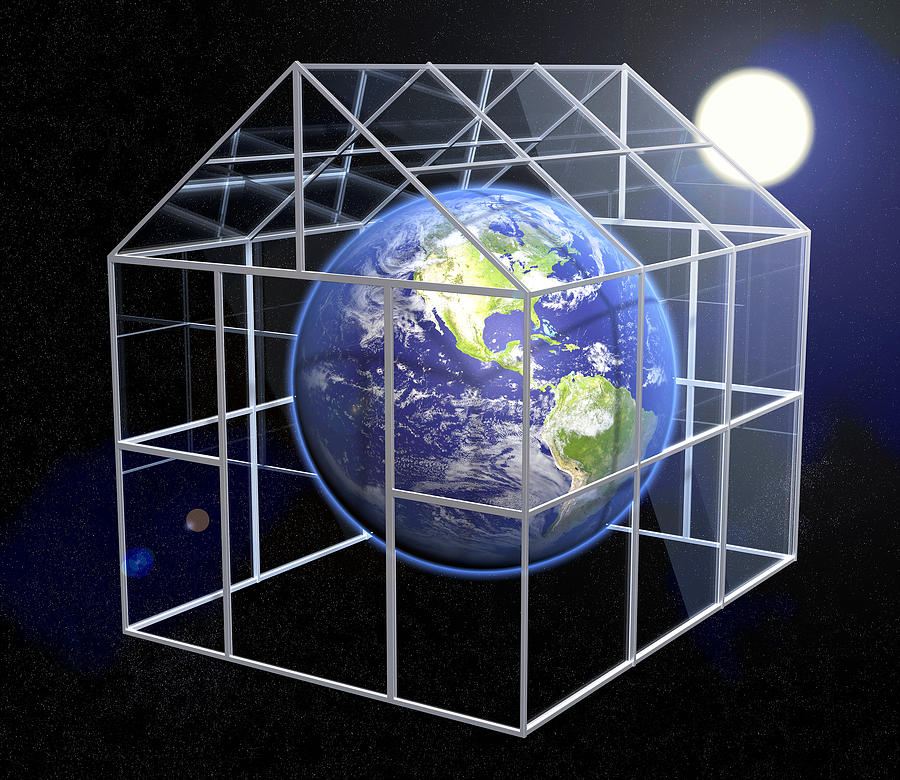The research results were published by a group of scientists in the International Journal of Environmental Science and Technology (2nd quartile in Scopus).
Population growth, urbanization and lifestyle changes lead to a constant increase in the amount of municipal solid waste. In 2011 about 1.3 Gt of waste was generated in the cities of the world, which means that by 2025 their amount may increase to 2.2 Gt, ecologists say. MSW is a source of negative impact on the environment, including those associated with greenhouse gas emissions.
— Greenhouse gas emissions from the municipal waste management sector are mainly associated with methane emissions from the decomposition of organic waste in landfills. Now in the world this industry generates 1.6 Gt CO2-eq. direct anthropogenic greenhouse gas emissions per year, accounting for about 4% of all greenhouse gas emissions. It is lower than in the energy or transport sector, but with the right waste management, effective emission reductions can be achieved quicker. We studied on how the introduction of various methods of handling them will affect the volume of greenhouse gas emissions in Russia, — says the Senior Lecturer at the Department of Environmental Protection of the Perm Polytech University, administrator of the Regional Office of the International Working Group on Waste Management in Russia and the CIS and the coordinator of regional divisions IWWG Anna Tsybina.
Now in Russia more than 90% of municipal solid waste is taken to landfills, 30% of which do not meet sanitary standards. In addition to environmental risks, this results in the loss of valuable recyclable materials. At the same time, Russia is the world's 4th largest "source" of anthropogenic greenhouse gases. Despite the fact that the total volume of Russian greenhouse gas emissions has decreased over the past decades, emissions from MSW disposal have increased by more than 100%. The Government of the Russian Federation has legislatively set targets for transforming the waste management industry until 2030, and in 2021 the President issued a Decree, which provides for the reduction of greenhouse gas emissions.
Researchers have developed three scenarios for the development of the Russian MSW management sector: basic, reactive and innovative. The first is based on current management methods: 90% of mixed MSW is disposed of at managed landfills, 7% is recycled and 3% is incinerated. It is assumed that all unorganized landfills will be closed, and landfill gas is not collected or disposed of. According to the reactive scenario, several incinerators will be built and the share of recycled waste will increase. At the same time, 84.3% of MSW will be disposed of at sanitary landfills, 10% will be recycled, and 5.7% will be incinerated. The innovative scenario assumes the introduction of a separate waste collection system and the widespread use of technologies for their processing. As a result, 20% of garbage can be recycled, 14.3% used as secondary raw materials, 55.2% placed on sanitary landfills and 10.5% burned.
Scientists have calculated greenhouse gas emissions for each scenario. Under the baseline scenario, the Russian MSW management sector generates 64 million tonnes of CO2-eq. greenhouse gas emissions per year; under the reactive scenario, this volume will be reduced to 12.8 million tons CO2e / year; under the innovative scenario, it will amount to 3.7 million tonnes of CO2-eq / year.
— We found out that it is possible to effectively reduce emissions from the Russian MSW management industry through the reuse of resources and disposal of landfill gas. Separate waste collection and a twofold increase in the volume of waste incinerated will cut greenhouse gas emissions from this sector by more than 3 times. The transition from managed landfills to sanitary landfills for MSW will help reduce total emissions from the industry by up to 5 times, — the scientists explain.


